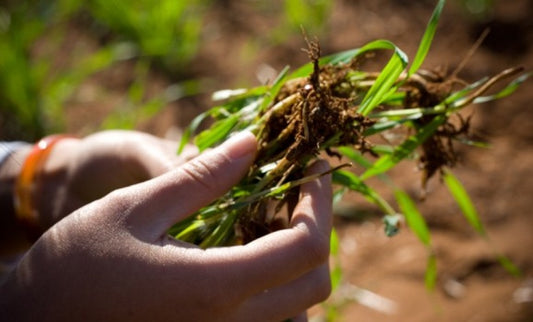- Following a plant-based diet (an estimated average potential savings of 300-1,600 kg of CO2 per year; based on studies from one or more of the countries listed)
- Giving up an electric car (or, even better, a standard car) to go car-free - instead opting for a bicycle or public transit (a savings of 1,000-5,300 kg/yr)
- Buying green energy (a savings of up to 2,500 kg/yr)
- Avoiding one long airplane trip (a savings of 700-2,800 kg)
- Replacing your incandescent light bulbs with more efficient ones
- Recycling (210 kg/yr)
- Washing clothing in cold water and line-drying it (210 kg/yr)
- Replacing a standard car with a hybrid
(Early) Knowledge is Power
So what did this paper teach us? That leaving information about the highest impact actions out of educational materials (textbooks and climate change mitigation advice websites) undermines individuals’ opportunities to make the best lifestyle decisions for themselves, especially when they are in their teens or early adulthood. Learn the facts so you can get the most bang for your buck (or effort).What Can You Do?
Do everything you can, but be smart about how you spend your effort or money. There are dozens of actions or decisions that can influence your climate footprint. You may already be doing some of these things (or refraining from them), so they don’t offer a potential savings. Not all potential actions are practical, or even an option, for everyone (the chances of me having one less biological child at this point in my life are zero - that ship has sailed!). There are so many things you can do to live better while using less, and leaving a healthier planet for our children and grandchildren. Keep up the good work, set an example, and aim to do a little more, whenever or however you can!Would you like to be the first to hear about our new products and more? Sign up for our Nature’s Path Newsletter.








